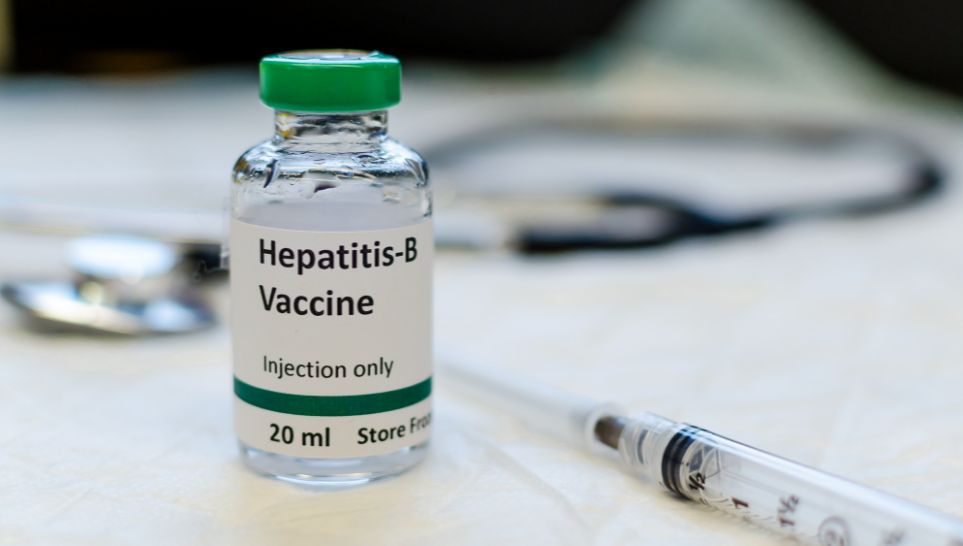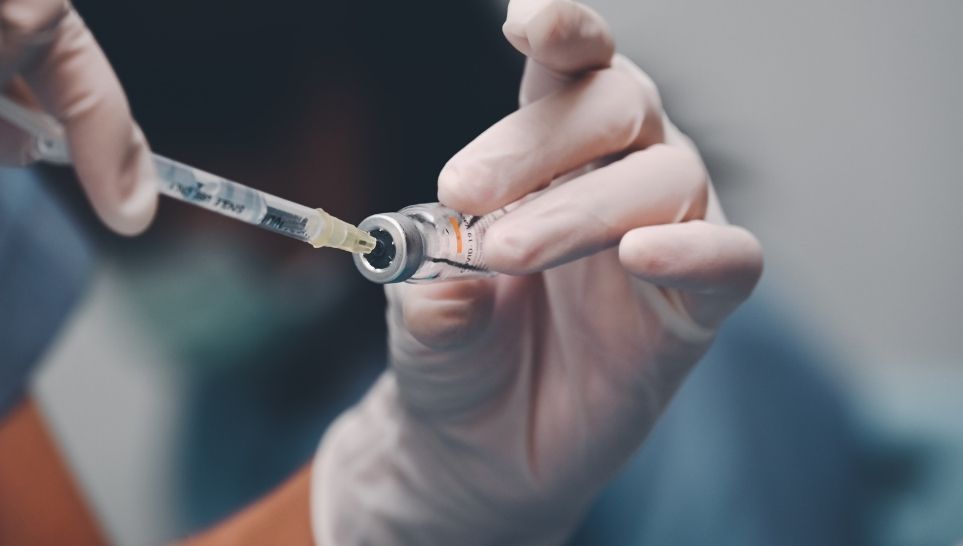
The number of flu shots administered in the United States has increased dramatically since annual vaccinations have become accepted regular practice in this country. Roughly 40 percent of the adult population will receive an annual flu vaccine. While the vaccine does significantly reduce the risk of flu in its recipients, there are occasionally side effects in those who receive the vaccine that can lead to lasting damage. There is an established mechanism called the Vaccine Injury Compensation Program that will pay those who have suffered injury from vaccines.
The flue vaccine is the leading cause of injuries that are compensated by the VICP. That makes sense given that the flu vaccine is one of the most prevalent ones in existence, and tens of millions of doses are administered annually. The leading cause of side effects that have led to compensation is Guillain-Barre Syndrome. Another major cause of flu vaccine injuries is when the vaccine is given improperly and the shoulder is damaged.
Guillain-Barre Syndrome is a very rare condition where the immune system turns against the body’s nerves. When this happens, it weakens the muscles and can lead to paralysis. In some cases, the disease can be fatal, although most who develop the disease will ultimately recover. However, Guillain-Barre Syndrome can lead to lasting damage since it attacks the muscles and the nervous system. In the meantime, the symptoms of the disease remain with the patient for a long time and the recovery can be arduous.
Guillain-Barre Syndrome usually follows some sort of respiratory illness or other infection. One of the preceding conditions for the disease is the flu. When one receives a flu vaccine, there is live virus that is introduced into the body. The result is, that in rare circumstances, it can lead to Guillain-Barre Syndrome. Other vaccines can also lead to Guillain-Barre Syndrome since they also introduce strains of the infectious disease into the body.
The risk for the disease increases as one gets older. Many of the recipients of the flu vaccine are older Americans since they run the highest risk of fatal cases of influenza. Nonetheless, the risks for Guillain-Barre Syndrome among vaccine recipients is small. There are roughly 3,000 to 6,000 cases of the disease annually in the United States. The number of people who develop the disease will vary in a given year depending on the strain of the flu as well as the composition of the annual vaccine.
In March 2017, the Vaccine Injury Compensation Program added Guillain-Barre Syndrome to the Vaccine Injury Tables for the program. Once the disease was added, it was now associated with influenza for purposes of compensating injured patients and claims could be filed. There are dozens of settlements every year that are paid out for Guillain-Barre Syndrome resulting from the flu vaccination. The average compensation ranges from $50,000 to $170,000. These payouts compensate the patients for both pain and suffering and future damages that may be sustained.
Anyone who has received a flu vaccination and has developed Guillain-Barre Syndrome is eligible for compensation. The VICP is a special court system that was set up solely for the purpose of compensating those who have been injured by vaccines. If you have Guillain-Barre Syndrome, immediately consult with an attorney to find out how to file a claim with the VICP. You should not delay since these claims often take an extended period of time to make their way through the system.





